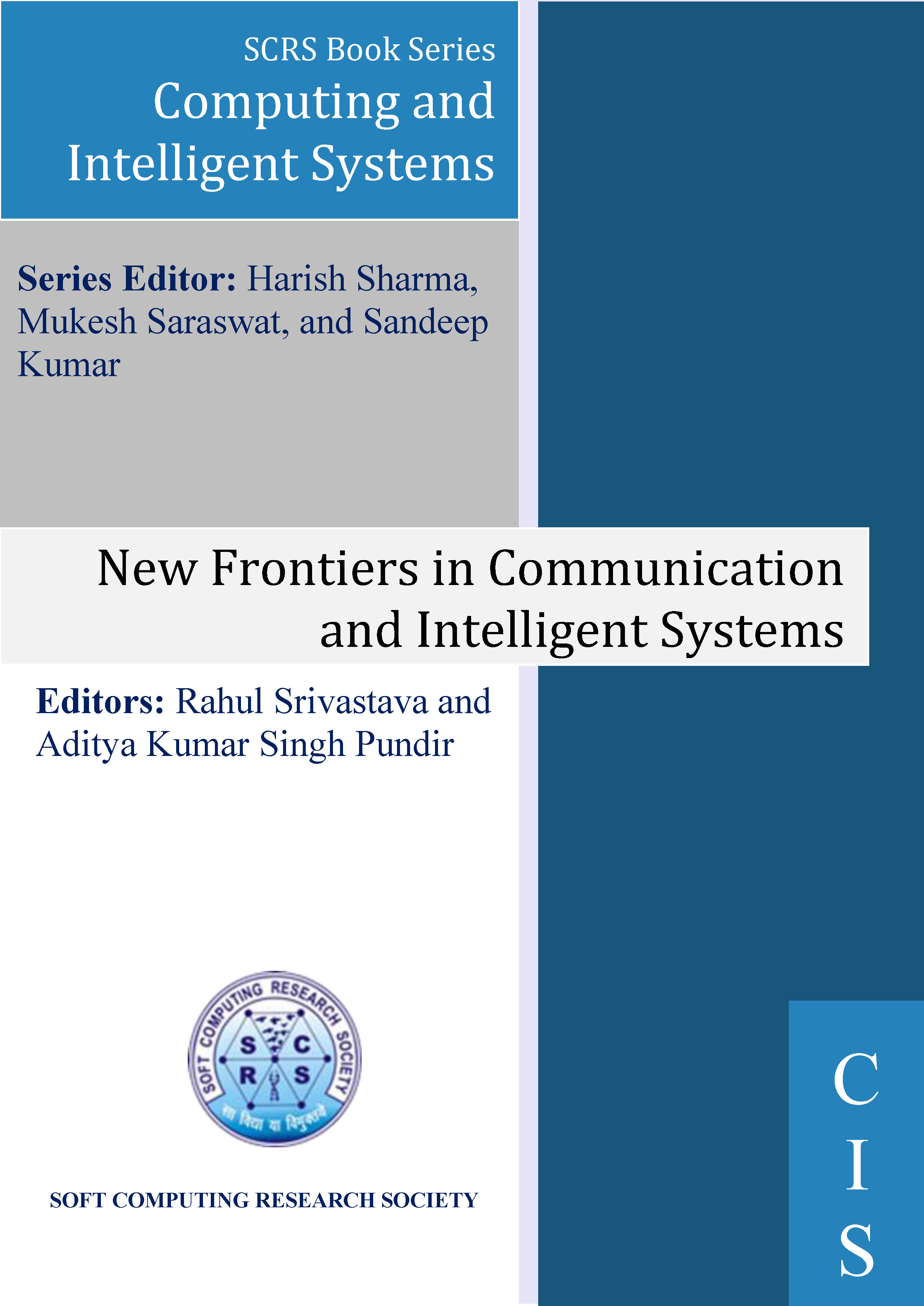
Optimal Load Control for Social Welfare Maximization in a Smart Distribution System using ATLBO Algorithm
Authors: Nirmala John, Varaprasad Janamala and Joseph Rodrigues
Publishing Date: 06-05-2022
ISBN: 978-81-95502-00-4
Abstract
Distribution utilities incur heavy penalties when the grid utilization exceeds the permitted demand levels. This is in turn translates into higher tariffs and customer bills, reduced customer satisfaction and adverse impacts on social welfare. To achieve energy balance, load shedding becomes inevitable under circumstances when the demand on grid exceeds permitted levels. The advent of smart distribution systems has made possible accurate, distributed load control approach instead of bulk load shedding. Small amounts of acceptable load sheds than larger tariffs improve household social welfare in poorer economies. In this paper a novel load control approach has been proposed using the recent variant of Teaching Learning Based Optimization (TLBO) algorithm, called Adaptive Inertia Weight Teaching-Learning-Based Optimization (ATLBO) which uses an adaptive inertia weight strategy. The method has been tested on the IEEE 33 bus test system and has yielded exceptional results in terms of energy balance, reduced losses and reduced penalties for power overdraw from grid. Penalties to be paid by utilities can percolate into increased energy costs for the customers, affecting social welfare. The performance of the approach has been compared with the performance of PSO, CSA and basic TLBO in finding efficient solutions to the load control problem.
Keywords
Energy Balance, Load Control, Smart Grid, Social Welfare, ATLBO.
Cite as
Nirmala John, Varaprasad Janamala and Joseph Rodrigues, "Optimal Load Control for Social Welfare Maximization in a Smart Distribution System using ATLBO Algorithm", In: Aditya Kr. Singh Pundir and Rahul Srivastava (eds), New Frontiers in Communication and Intelligent Systems, SCRS, India, 2022, pp. 405-414. https://doi.org/10.52458/978-81-95502-00-4-43